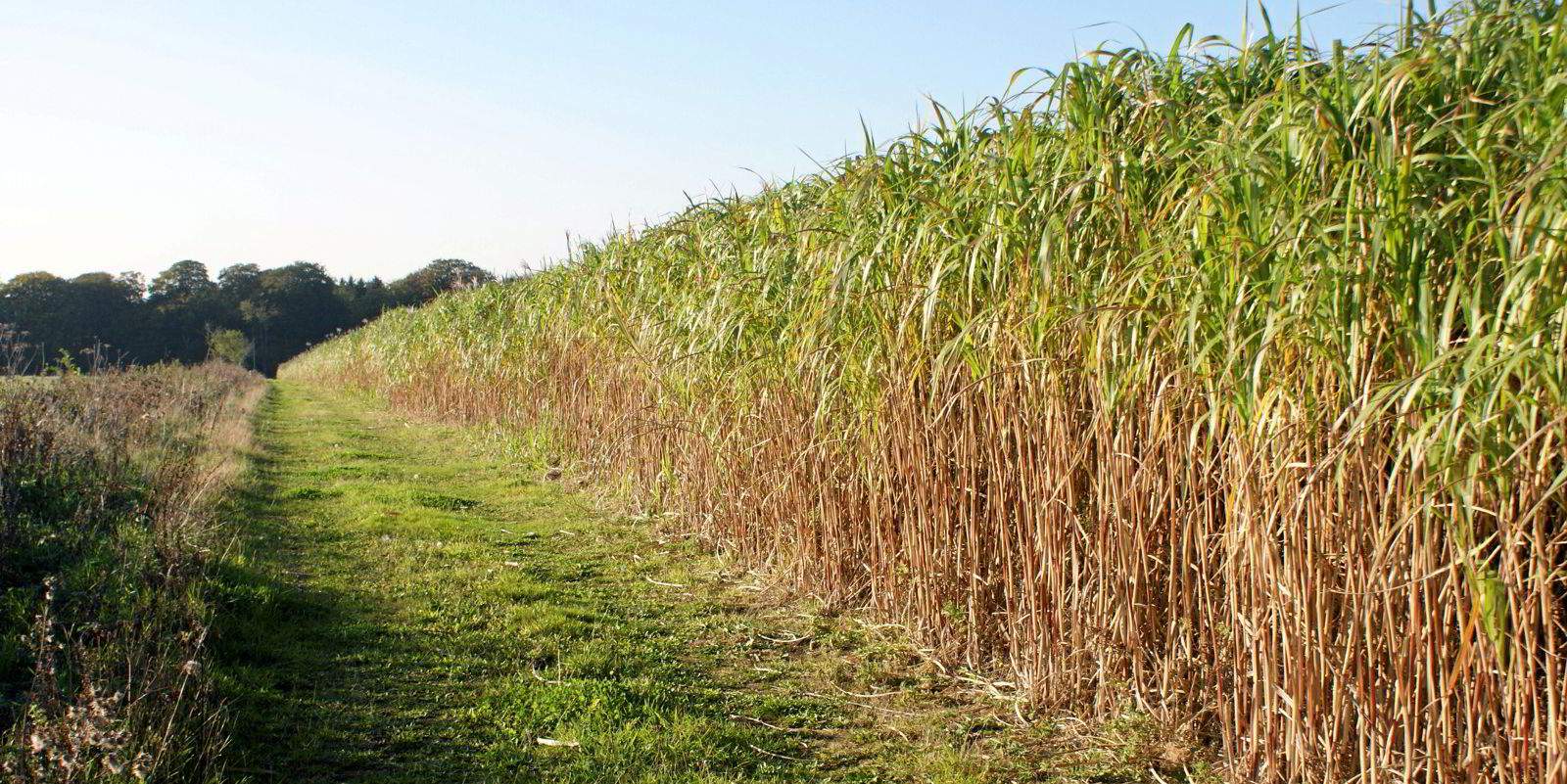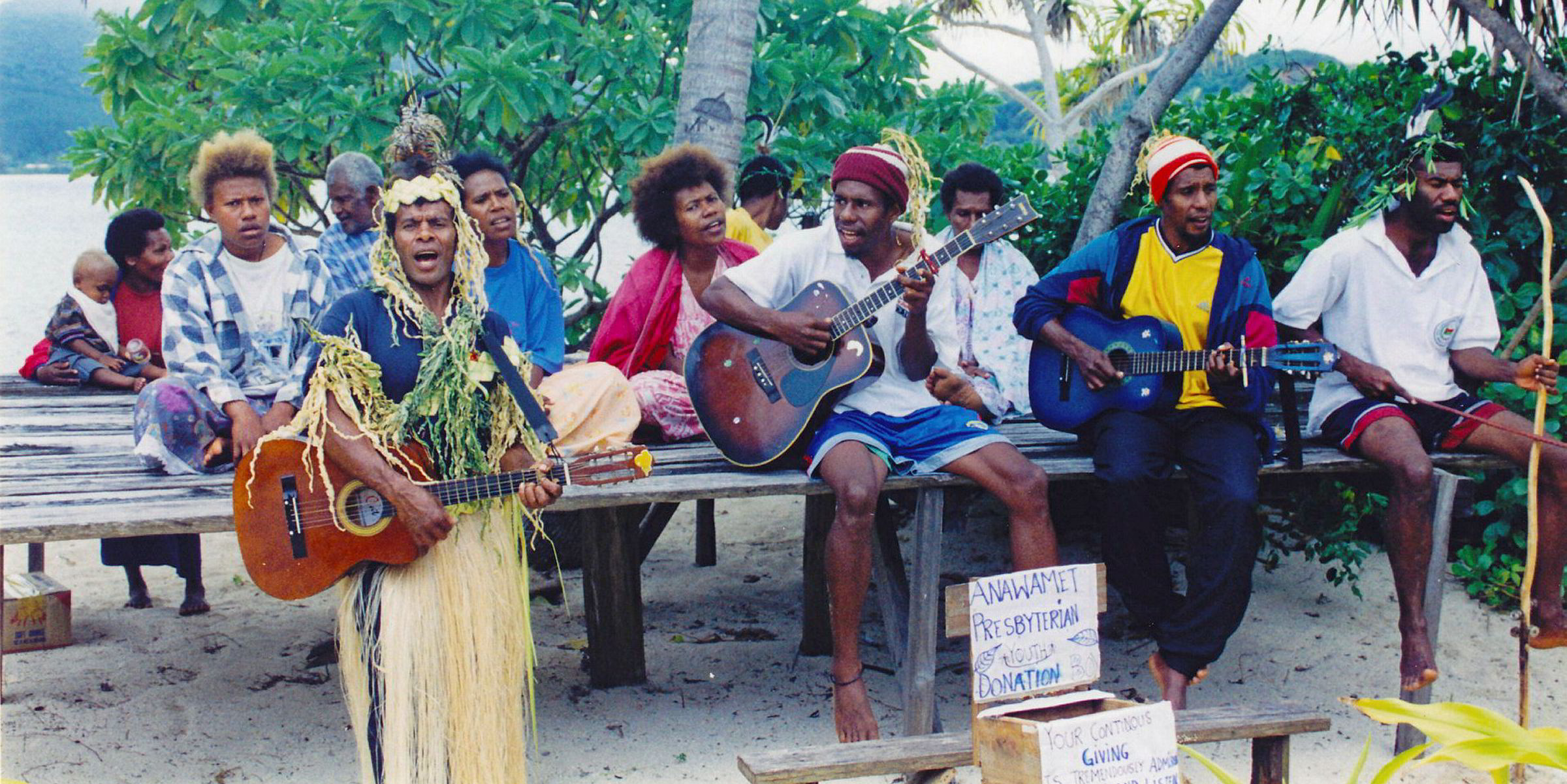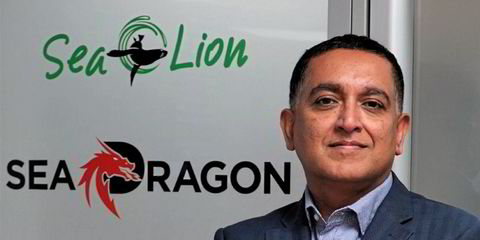Rolling out projects to turn agricultural waste into marine fuel can be done quickly on a worldwide basis, according to Hans-Henning Judek.
The aim is to work with local partners using the processes and equipment developed by Judek’s companies Verde Visions and JE Access.
“The plan is to form a special vehicle with a partner with the local knowledge, such as a bunker fuel supplier, and provide them with the technology,” he said.
“We will work with them to set up plants close to where the feedstock is available and farmers are interested in working with us.”
He cited an existing partnership in the Philippines that is developing a plant that will process waste from sugar and rice plantations to produce up to 600,000 tonnes of fuel per year for use in diesel power-generating plants.
Plantations will grow Napier grass, an effective and sustainable alternative biomass feedstock for periods when the waste feedstock is not available.
Judek said this could be replicated anywhere in the world close to a suitable feedstock, as is being done with similar microgrid power projects.
“If we stay at the smaller scale, we can start with modules of 4,000 tonnes. The South Pacific islands have lots of coconuts that can be turned into carbon-neutral fuel for their power microgrids, vehicles and vessels operating inter-island services.
“The high cost of importing fuel into these remote locations is a big problem that this will help solve.”





